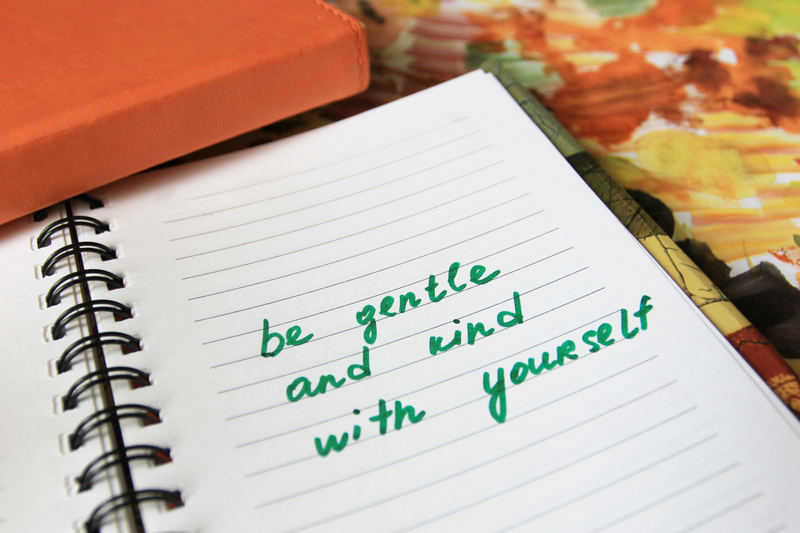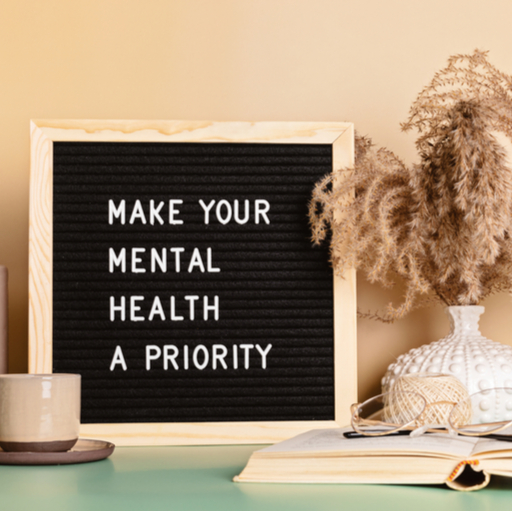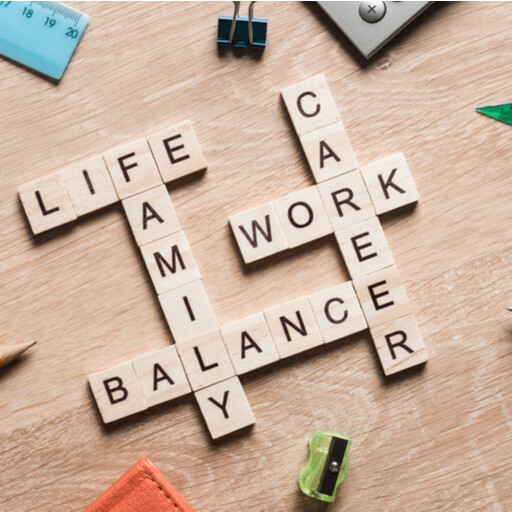As people continue to grapple with Covid-19 and what is likely to be its long shadow, 2021 was a year of losses and of experiencing an emotional high tide in the face of a disruptive second wave. This has also affected the mental health of many individuals, something that is still spoken about in hushed tones in our society. But in 2022, it is time to shun the stigma around mental health and work towards enhancing our mental well-being.
What you should know:
- What is mental health?
- 5 ways to take care of your mental health
What is mental health?
Mental health is often wrongfully construed as comprising only severe mental disorders. However, it also includes anxiety, stress, depression. Mental health refers to cognitive, behavioural, social and emotional well-being. It involves the ability to strike a balance between life activities and responsibilities to maintain psychological resilience.
5 ways to take care of your mental health
- Self-awareness

Many individuals who go through depression or anxiety often negate it as inconsequential. However, it is important to be aware of your emotions. This is where journaling can come to your rescue. Pen down your feelings and thoughts, and write on what you are grateful for at the end of each day to be glad for all the good things in your life. While you can fortify yourself with positive affirmations, this can also foster your personal growth and development. For those who were unable to realise their goals during the pandemic resultant lockdown, instead of berating yourself for being counterproductive, practice self-compassion.
- Practice self-care

In the hustle-bustle of our lives, we forget to take care of ourselves. Exercising, meditation and small skincare routines can be the best present for yourself. Start your day by exercising for 30-45 minutes or practicing yoga to release dopamine or happy hormones. Fifteen minutes of mindfulness meditation also works wonders for your overall well-being. If you do not feel up to it, then take a day off to recharge.
- Be gentle with yourself

Do not dismiss the feeling of sadness. You matter and the feelings and emotions you undergo matter. Thinking that others have it worse than you is no consolation; in fact, you are putting your grief or sadness in the backseat. These suppressed feelings can later emerge negatively. Allow yourself to grieve for small losses. Be kind and forgiving to yourself.
- Find meaning in everyday activities

No matter how big or small an activity may be, channelise your focus and try finding meaning in it. Be it as simple as tidying your room or cleaning your wardrobe, recharge your emotional batteries with a sense of purpose, fulfilment and accomplishment.
- Consult a therapist if required

It is normal to have bouts of stress or periods of difficulty wherein you may find the need to enlist the help of someone who specialises in this sphere. Instead of suffering in silence, you can also go to a support group or confide in a friend to cope with your grief.
Get more fitness and mindfulness-related information for your physical and mental well-being on our Activ Living Page.





 1800-270-7000
1800-270-7000











